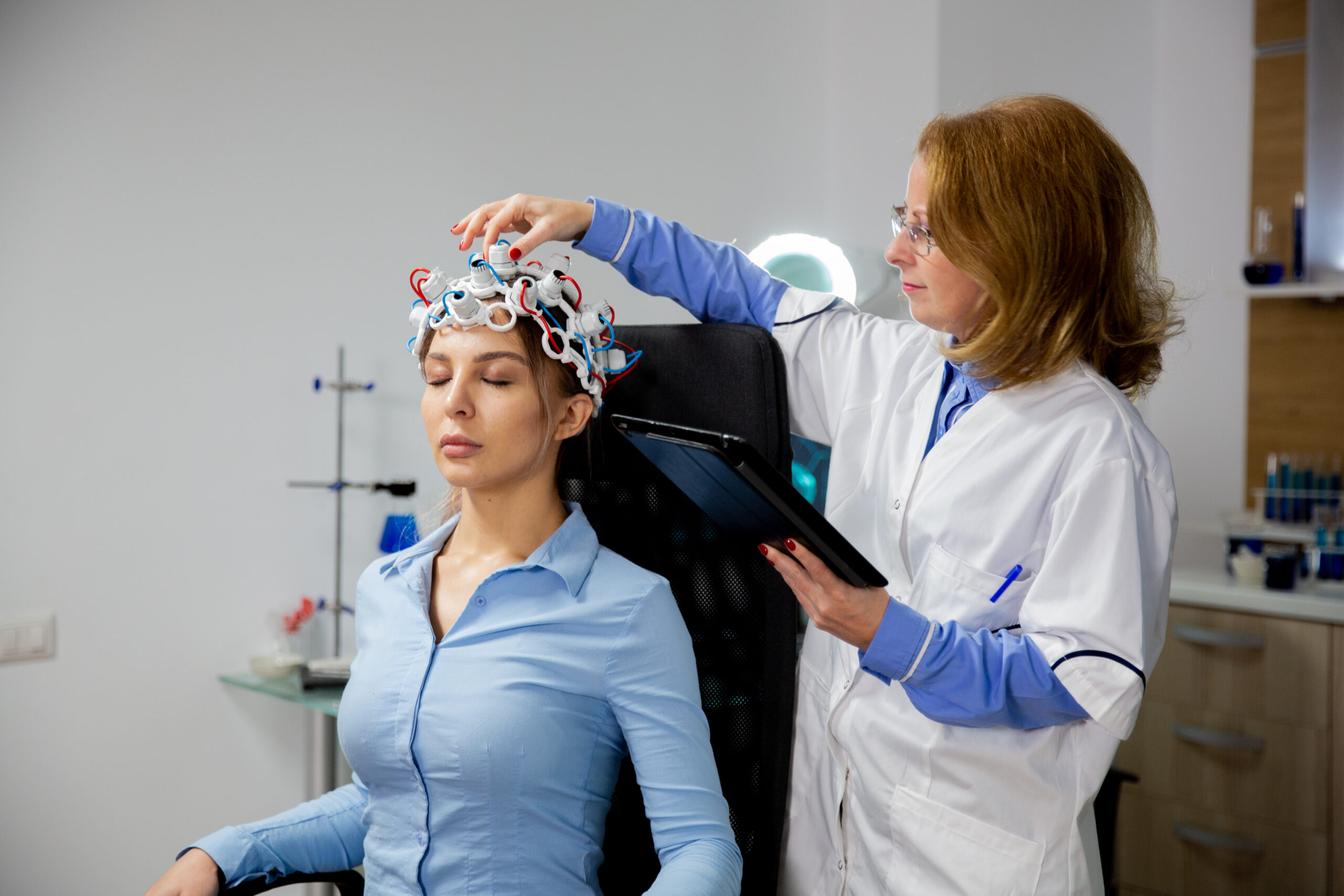Understanding which Neurological Disorders cause the Biggest Health Burden

Neurological disorders represent a significant challenge to global health, impacting millions and presenting a considerable economic burden. Among these, five conditions stand out: stroke, dementia, meningitis, epilepsy, and migraine. Each of these disorders presents unique symptoms, challenges, and treatment options.
*Stroke* remains one of the leading causes of mortality and disability worldwide. Symptoms include sudden numbness, confusion, trouble speaking, and loss of balance. Immediate medical attention is critical. Current treatments focus on quickly restoring blood flow, primarily through clot-busting medications and rehabilitation to improve recovery outcomes. Recent developments include advanced imaging techniques that aid in diagnosing strokes more accurately and potential neuroprotective therapies.
*Dementia*, particularly Alzheimer’s disease, poses substantial long-term health implications as it robs individuals of cognitive function. Initial symptoms may involve memory loss and difficulty with language, progressing to severe impairments in daily living. Management currently centers around cognitive-enhancing medications and supportive therapies. Innovations in early detection methods, including biomarkers and neuroimaging, offer hope for better-targeted interventions.
*Meningitis*, an inflammation of the protective membranes covering the brain and spinal cord, can be life-threatening. Symptoms include severe headache, fever, and stiff neck. Immediate treatment with antibiotics or antiviral medications is critical. Vaccination programs have greatly reduced the incidence of bacterial meningitis, and ongoing research is focused on developing universal vaccines against viral strains.
*Epilepsy* affects approximately 50 million people globally and is characterized by recurrent seizures. Symptoms may vary from sudden jerking movements to loss of awareness. Antiepileptic drugs remain the cornerstone of treatment, though approximately one-third of patients experience refractory epilepsy. The latest advancements involve the development of responsive neurostimulation systems and gene therapies that aim to provide more effective control of seizures.
*Migraine* is another major neurological disorder, that impacts the quality of life with recurrent headaches often accompanied by nausea, vomiting, and sensitivity to light. Treatments range from acute pain relievers to preventive medications. Recent developments include the approval of monoclonal antibodies targeting migraine pathways, offering new hope for those with chronic migraine conditions.
In conclusion, addressing the burdens caused by these neurological disorders requires ongoing research, improved treatment strategies, and a focus on prevention and early intervention. As our understanding deepens and technology advances, we continue to move toward more effectively managing these complex health challenges.
(Note: This article briefly overviews the subject and does not substitute medical advice. If you suspect you may require more information, consult with a healthcare professional.)



